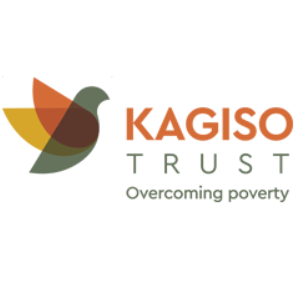Education development stands as a cornerstone for societal progress and individual empowerment. In today's rapidly evolving world, the need for continuous improvement and innovation in education has never been more apparent. From early childhood education to lifelong learning opportunities, investing in education development is essential for fostering economic growth, social cohesion, and personal fulfillment.
At its core, Education Development encompasses a wide range of initiatives aimed at improving educational outcomes and expanding access to learning opportunities. This includes reforms in curriculum design, teacher training, infrastructure investment, technology integration, and policy implementation. By addressing these areas, education development seeks to create a more inclusive, equitable, and effective education system that prepares individuals for success in the 21st century.
One of the key pillars of education development is early childhood education (ECE). Research has shown that early experiences play a critical role in shaping a child's cognitive, social, and emotional development. Investing in high-quality early childhood education programs not only lays the foundation for future academic achievement but also helps to narrow the achievement gap and promote social mobility. By providing young children with access to stimulating learning environments, qualified educators, and supportive resources, ECE initiatives set the stage for lifelong learning and success.
Furthermore, education development initiatives focus on enhancing the quality of teaching and learning in schools. Teachers are the heart of the education system, and their professional development is essential for improving student outcomes. Investing in teacher training programs, ongoing professional development opportunities, and mentorship initiatives helps to ensure that educators have the knowledge, skills, and support they need to engage students effectively and facilitate learning. Moreover, efforts to promote collaborative and inquiry-based teaching methods, as well as the integration of technology in the classroom, can enhance student engagement and promote critical thinking skills.
In addition to focusing on traditional classroom settings, education development also emphasizes the importance of expanding access to learning opportunities beyond the classroom walls. This includes promoting adult education and lifelong learning initiatives that enable individuals to acquire new skills, update existing knowledge, and adapt to changing economic and technological trends. Lifelong learning is increasingly becoming essential in today's dynamic labor market, where continuous upskilling and reskilling are necessary for career advancement and job security. By investing in adult education programs, vocational training, and online learning platforms, education development efforts empower individuals to thrive in a rapidly changing world.
Moreover, education development initiatives strive to create inclusive and equitable education systems that cater to the needs of all learners, regardless of their background or abilities. This includes addressing disparities in access to education, improving educational outcomes for marginalized groups, and promoting diversity and inclusion in schools. By fostering a culture of equity and social justice within the education system, education development contributes to building more cohesive and resilient communities.
Ultimately, education development is not just about improving test scores or graduation rates; it is about empowering individuals to reach their full potential and contribute positively to society. By investing in education development, governments, policymakers, and stakeholders can create a brighter future for generations to come. From early childhood education to adult learning initiatives, education development initiatives play a crucial role in shaping a more prosperous, equitable, and sustainable world.
For more details, visit us:
funding organisations in south africa
south african funding organisations
Development Agencies in South Africa





Comments